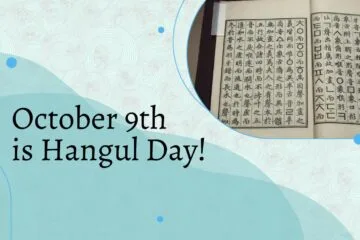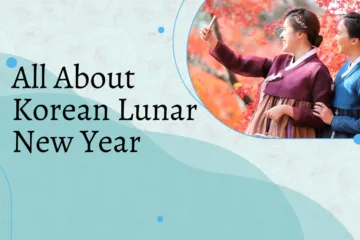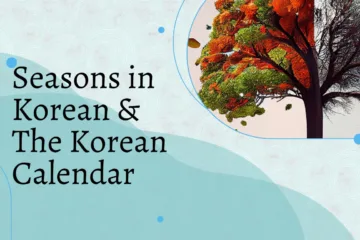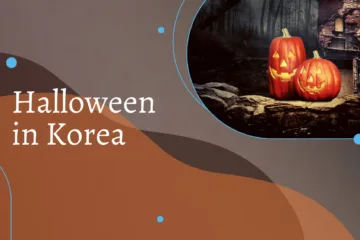October 9th is Hangul Day!
Today is 한글날 or Hangul Day, which is a Korean holiday dedicated to celebrating the Korean writing system and its creator King Sejong! So to commemorate, I’ll go through a bit on Hangul’s history, King Sejong, and some resources on how to learn Hangul yourself.









